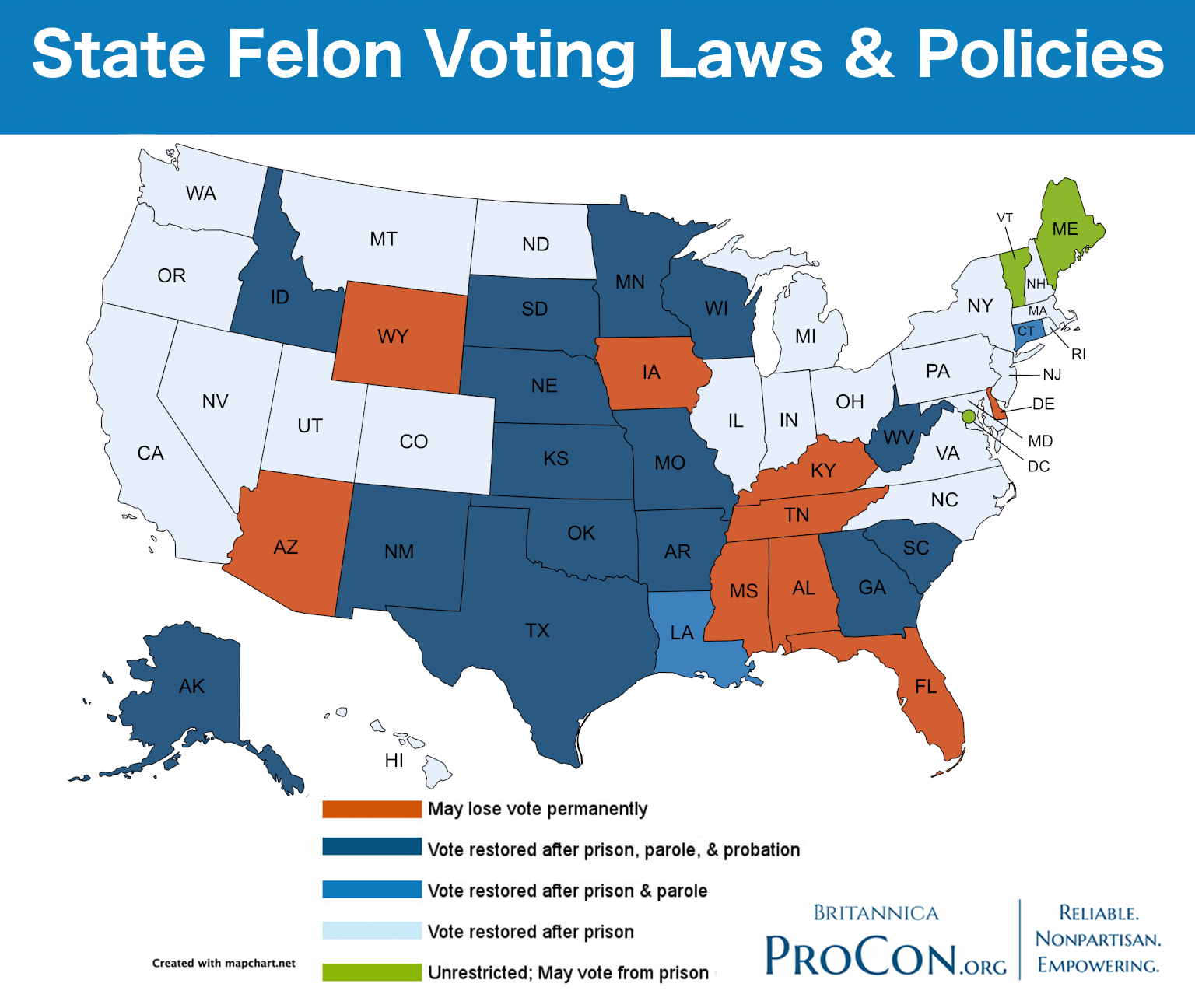
Inquire about our tailored corporate solutions below. We offer additional corporate services and discount pricing for large volume accounts. How do I run a background check on myself? Sales/Volume Discounts

While being a felon may keep you from having certain jobs, it doesn't mean that you won't be able to find one.Īdditional Resources You Might Find Interesting:ĭo warrants show up on a background check?ĭo misdemeanors show up on a background check? While many states have banned asking about felony convictions on applications, most employers will find past felonies by running a background check or asking candidates about their criminal past later on in the hiring process. Unfortunately a felony doesn't ever go away unless you go through a strict process to have it expunged. So, How Long Does a Felony Stay On Your Record? Getting a felony expunged is difficult, and each state has very specific rules about what can and cannot be expunged. Other states only allow "youthful offenders" to expunge their records, and still other states require proof of rehabilitation. Many states don't allow violent felony offenders to expunge their records. Requirements for expunging a record vary by state. There is a fee of 10 cents per page to access a file through PACER, with a maximum charge of 3.00 per document. The only way to get rid of a felony record is to have it expunged, which means erasing the record like it never occurred. Electronic and paper court records retained at the court site can be viewed at the courthouse for free, however there is a fee of 10 cents per page to print from a public access terminal. However, while those states have fairer hiring practices, employers are still able to run a background check and see felony convictions. In those 13 states, employers can use background checks, but can't ask about convictions until later in the hiring process.Īdditionally, the Federal US Equal Employment Opportunity Commission (EEOC) endorsed the removal of questions about convictions from job applications as part of best hiring practices. There are 13 states (CA, CO, NM, NE, IL, MN, HI, MA, MD, NJ, CT, RI, and DE) that have created laws " banning the box" asking about criminal convictions on job applications. How employers use felony background information varies by state. This means landlords, employers, banks, and law enforcement can see any felony you've ever been convicted of.
FEDERAL FELONY CONVICTION RECORDS TRIAL
When someone is convicted of a felony, the crime is deemed serious enough (and the trial thorough enough) that all felonies stay on your record permanently. Being convicted of a felony is a long process that requires arraignments, pre-trial conferences, motion hearings, and a trial. They include offenses like murder, arson, fraud, armed robbery, etc. Why Felony Records are Permanentįelonies are the most serious, often violent, crimes. The only way to remove a felony from your record is through a strict process called expungement (more on expungement below).

A felony charge will stay on your record for life.


 0 kommentar(er)
0 kommentar(er)
